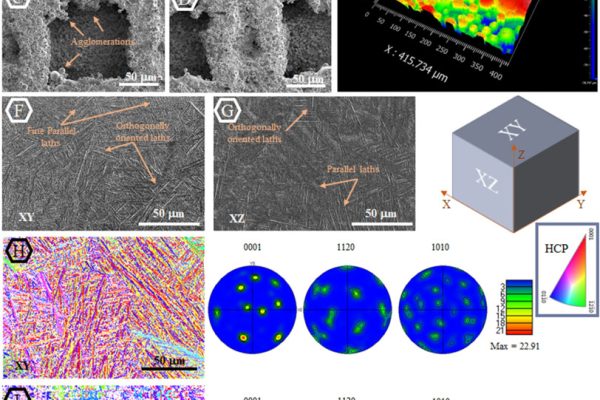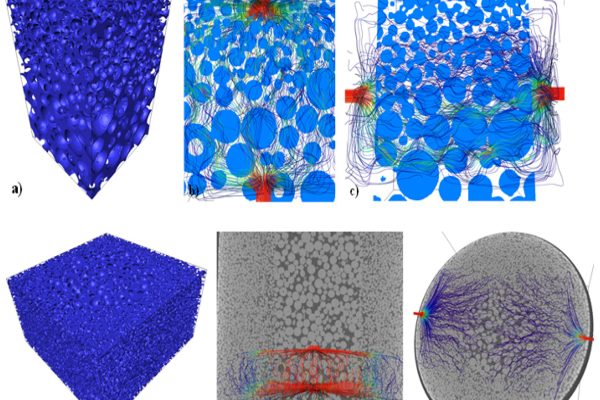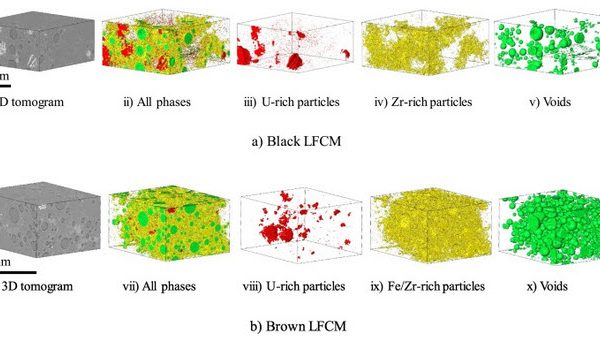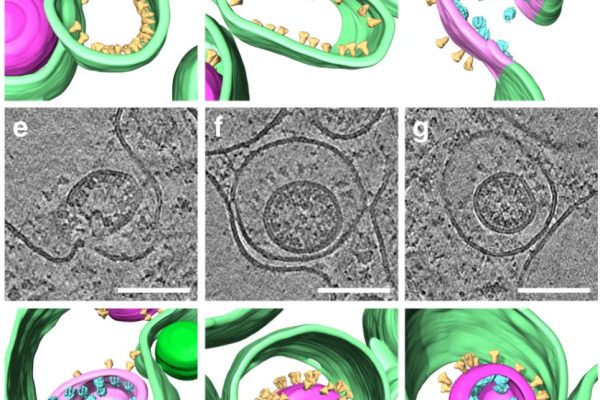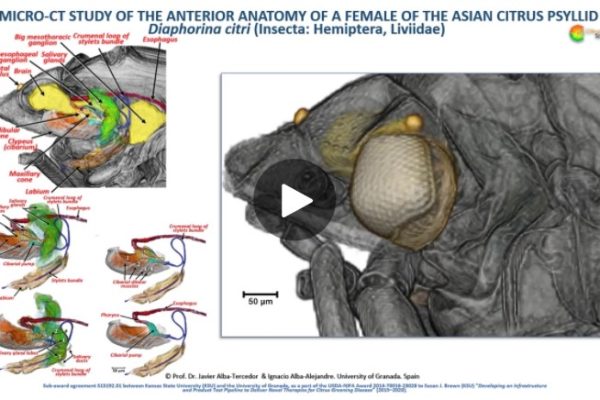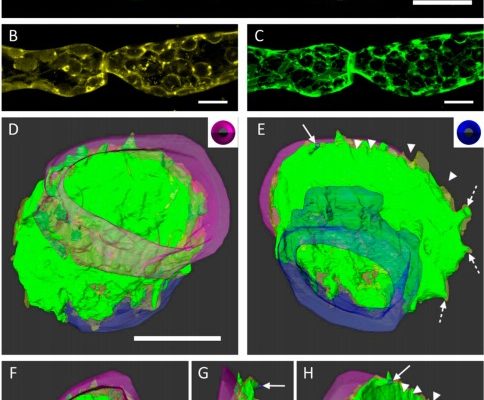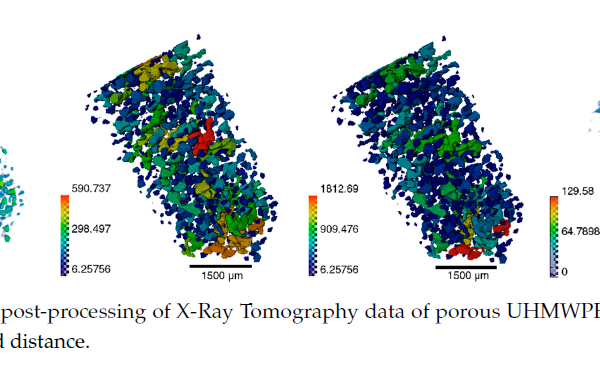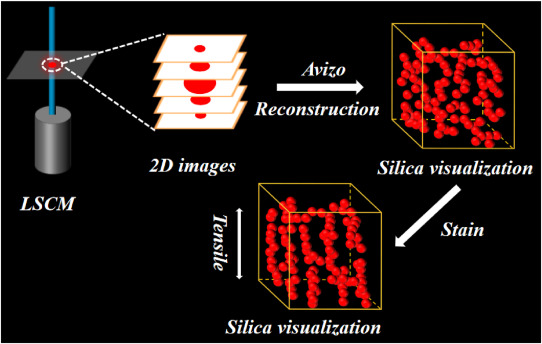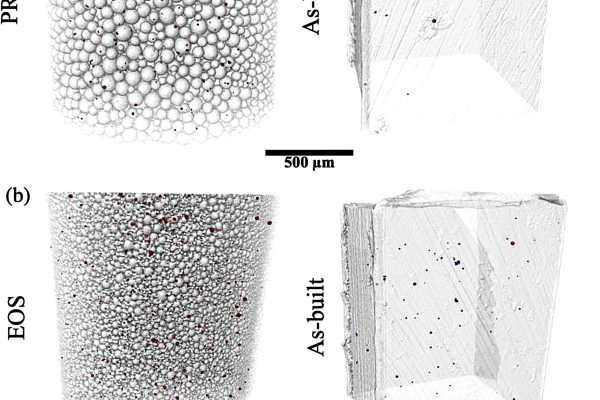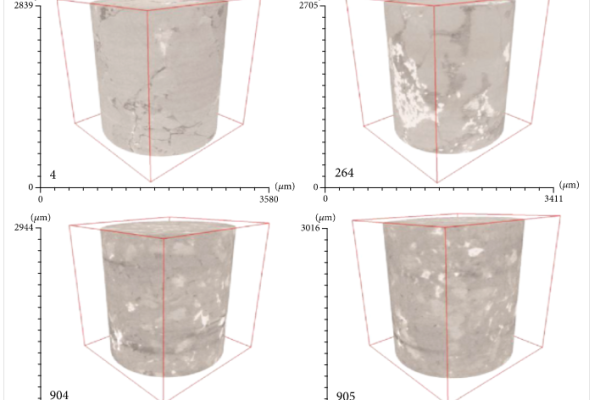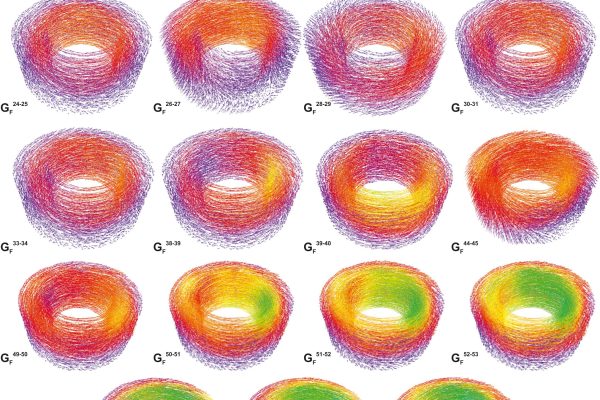Featured articles using Thermo Scientific 3D image analysis software
Below you will find a collection of use cases of our 3D data visualization and analysis software. These use cases include scientific publications, articles, papers, posters, or presentations that show how Amira Software and Avizo Software are used to address various scientific and industrial research topics.
Select an industry and then applications or type in a search term to see cases related to specific topics you are interested in.
Search
Industry
Applications
Maryam Tilton, Alireza Borjali, Aaron Isaacson, Kartik Mangudi Varadarajan, Guha P.Manogharan
Jorge Sergio Téllez-Martínez, Luis Olmos, Víctor Manuel Solorio-García, Héctor Javier Vergara-Hernández, Jorge Chávez, Dante Arteaga
C.Paraskevoulakos, J.P.Forna-Kreutzer, K.R.Hallam, C.P.Jones, T.B.Scott, C.Gausse, D.J.Bailey, C.A.Simpson, D.Liu, C.Reinhard, C.L.Corkhill, M.Mostafavi
Steffen Klein, Mirko Cortese, Sophie L. Winter, Moritz Wachsmuth-Melm, Christopher J. Neufeldt, Berati Cerikan, Megan L. Stanifer, Steeve Boulant, Ralf…
Javier Alba-Tercedor, Wayne B. Hunter & Ignacio Alba-Alejandre
Dominik Harant and Ingeborg Lang
Eugene S. Statnik, Codrutza Dragu, Cyril Besnard, Alexander J.G. Lunt, Alexey I. Salimon, Aleksey Maksimkin and Alexander M. Korsunsky
Shangjun Zeng, Ming Kang, Kexu Chen, Rong Sun, Ai Lu, Guanjun Changa
Jerard V.Gordon, Sneha P.Narra, Ross W.Cunningham, He Liu, Hangman Chen, Robert M.Suter, Jack L.Beuth, Anthony D.Rollett
A.Wijaya, B.Eichinger, F.F.Chamasemani, B.Sartory, R.Hammer, V.Maier-Kiener, D.Kiener, M.Mischitz, R.Brunner
Qiang Lei, Liehui Zhang, Hongming Tang, Yulong Zhao, Man Chen, and Chunyu Xie
Katherine J. Dobson1, Anja Allabar, Eloise Bretagne, Jason Coumans, Mike Cassidy, Corrado Cimarelli, Rebecca Coats, Thomas Connolley, Loic Courtois, Donald…
For Research Use Only. Not for use in diagnostic procedures.

